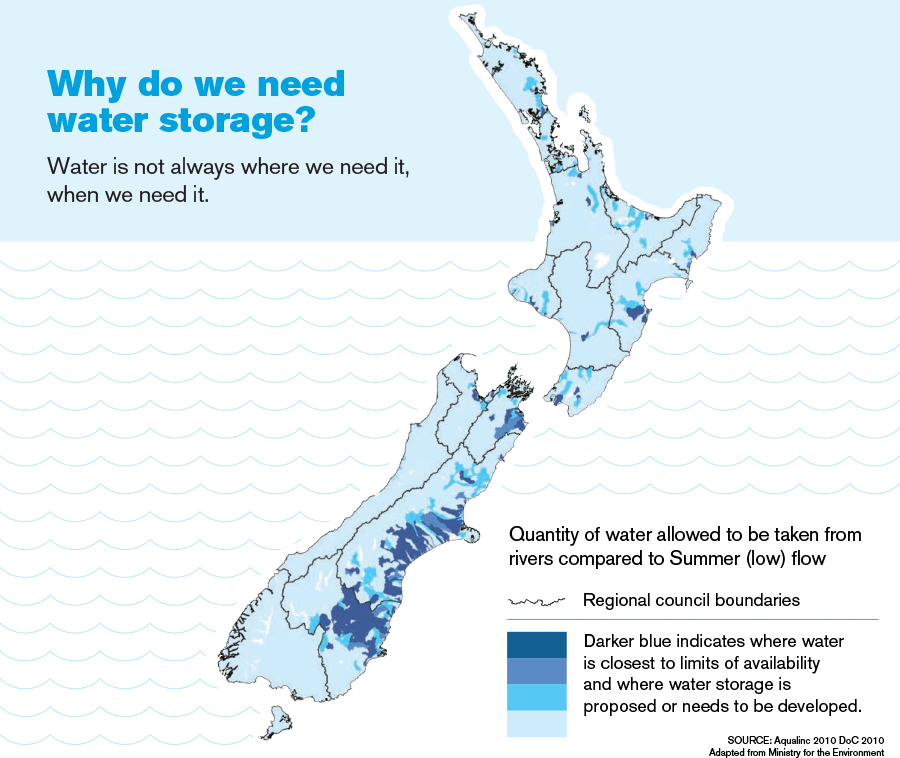
Compliance with Consents
All SMART irrigators have a consent (water permit) to take and use water for a specified length of time, and must comply with its conditions. Measuring water take and providing water use data to a regional council is now part of these conditions. Site specific conditions relating to a take are usually included. For example, a river take will specify the flow level under which you cannot take water. An irrigator breaking the conditions of their consent can result in a fine or prosecution. Significant non-compliance will affect the likelihood of a consent being renewed.
Audited Farm Environment Plans
Farm Environment Plans are becoming increasingly commonplace in New Zealand. A number of irrigation schemes and individual farmers now have them as part of their consent conditions. By 2017, all Canterbury farmers must have a Farm Environment Plan that is regularly audited. Farm Environment Plans cover soils and nutrients, irrigation, effluent, and waterway and wetland management. They identify the risks on a farm and audit the farmer against the actions they have committed to undertake to address these risks. The irrigation management component of a Farm Environment Plan covers all aspects of SMART irrigation.
Irrigating farmers keep a close eye on environmental limits and manage their water takes accordingly.

Do you have an irrigation accountability question? Let SMART Irrigation help. Contact [email protected] to learn more about SMART Irrigation.
Did you know?
There is a benefit to local communities. A recent economic study in Waitaki District found $70million of revenue coming into the area was directly due to irrigation. Other economic activity generated $7million of revenue. The study found that 180 full-time jobs were linked to irrigation in the district. Its social impacts extended to stable primary school rolls and an increase in building consents.
